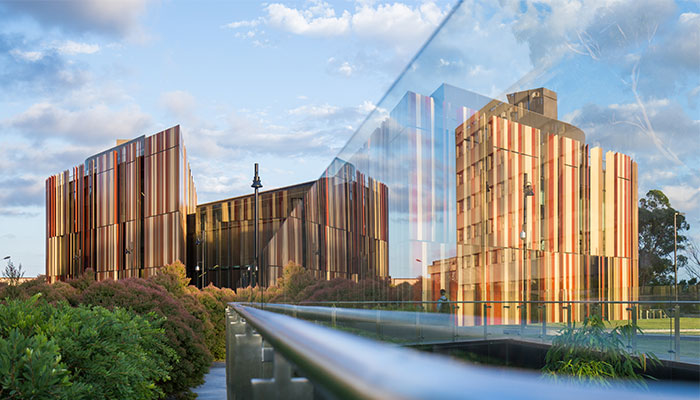The grants will see Macquarie University researchers partner with business, industry, community and research organisations on projects to tackle critical challenges in groundwater management, understand the Blue Mountain’s forgotten industrial heritage, and develop innovative shark-deterrent technology to save lives in the water.
Macquarie University Deputy Vice-Chancellor Research, Professor Sakkie Pretorius, congratulated the researchers on their successful funding applications.
“These projects bring Macquarie University’s leading academic minds together with industry and community partners to help unlock new perspectives and original solutions to tackle real-world problems,” Professor Pretorius says.
Associate Professor Tanya Evans and Associate Professor Shawn Ross from the Department of Modern History, Politics and International Relations and Professor Lucy Taksa from Macquarie Business School’s Centre for Workforce Futures will lead a multidisciplinary study of the industrial and social history and archaeology of forgotten shale-mining settlements in the Blue Mountains near Katoomba. Involving Dr Susan Lupack from the Department of Ancient History, Dr Penny Crook from Latrobe University and heritage managers and consultants, the project aims to discover new insights into the landscape’s cultural heritage that will inform conservation, tourism and education.
Professor Grant Hose and Dr Anthony Chariton, both from the Department of Biological Sciences, are looking closely at predicting the impacts of lowering groundwater tables on groundwater ecosystems. Over-use of groundwater is a global problem, but we know relatively little about its effects on the ecosystems that exist within aquifers.
This project will create the first evidence-based model of how lowering water tables affects the microbes, subterranean invertebrates, and ecological processes in groundwater ecosystems, and will demonstrate the consequences of such changes to groundwater quality and availability. This model will help to reliably forecast and avoid or mitigate these impacts, vastly improving the way we plan and implement major developments that affect groundwater.
Associate Professor Nathan Hart from the Department of Biological Sciences and Dr Raheel Hashmi from the School of Engineering have been awarded a grant to make electronic deterrents more effective in preventing shark bites. Available commercial electronic shark deterrents attempt to deter sharks by emitting strong electric pulses into the water. Most devices are either ineffective or only deter sharks at very close range. There is also no clear understanding about the way in which pulsed electric fields deter sharks and there are concerns that some devices may even attract sharks. This lack of evidence has hampered the development of improved deterrents.
This project aims to investigate the effects of pulsed electric fields on shark physiology and behaviour, develop novel electronic pulse waveforms that will have the greatest deterrent effect on a range of shark species, and deliver innovative improvements in electronic shark deterrent technology, saving the lives of both humans and sharks.



